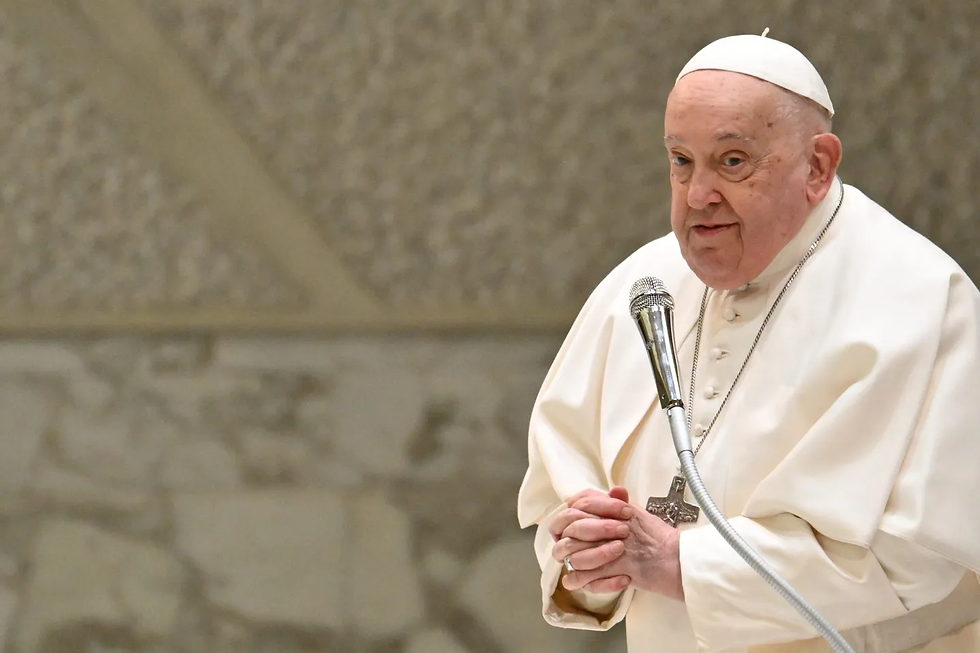Union Island's Struggle, Rebuilding After Hurricane Beryl
- Kalani Tharanga

- Jul 3, 2024
- 2 min read
By D. W. G. Kalani Tharanga, JadeTimes News

Unprecedented Destruction and Urgent Needs
Hurricane Beryl has left a trail of devastation on Union Island, part of St Vincent and the Grenadines, where virtually every building has been damaged or destroyed. Katrina Coy, a local resident, described the island as being in a "terrible state" with most residents now homeless. "Union Island is in a terrible state after Beryl passed. Literally, almost the whole island is homeless," Ms. Coy shared in a video message. The storm’s impact has blocked roads, downed electricity poles, and flattened houses.
Sebastien Sailly, a fisherman and guide, echoed these sentiments, describing the scene as though a tornado had passed through. Having lived on the island since 1985, he stated that Hurricane Beryl was far more destructive than any storm he had experienced, including Hurricane Ivan in 2004. "Ninety percent of the island easily 90% has been erased," he said. The urgency now is to find shelter and essential supplies. Residents are gathering wood and plastic sheeting for temporary shelters, while the need for food, water, and sanitary products is critical.
The Aftermath and Community Resilience
The residents of Union Island are struggling to cope in the aftermath of Hurricane Beryl. Alizee Sailly, who runs a hotel with her family, described the harrowing experience of riding out the storm. They had to brace doors and windows against the powerful winds, and witnessed their roof being torn apart. "The pressure was so intense that you felt it in your ears. We could hear the roof coming apart and smashing into another building. Windows breaking, flooding," she recounted.
With power and communications still down, the islanders are using the Starlink network for communication. The government of St Vincent and the Grenadines has acknowledged the scale of the disaster, with Prime Minister Ralph Gonsalves promising swift action to address the crisis. However, locals remain skeptical about the government’s ability to manage the massive recovery efforts required. Sebastien Sailly emphasized the need for international assistance, stating, "This is going to take billions, it will take a year or more and is going to need international help."
Katrina Coy, director of the Union Island Environmental Alliance, called for help from the Caribbean diaspora and international community. Despite the immense challenges, the resilience of the Union Island community shines through. "The most important thing is that we are still alive, not the material losses," said Sebastien Sailly. The sense of relief at seeing neighbors safe underscores the enduring spirit of this battered but unbroken community.










































Comments